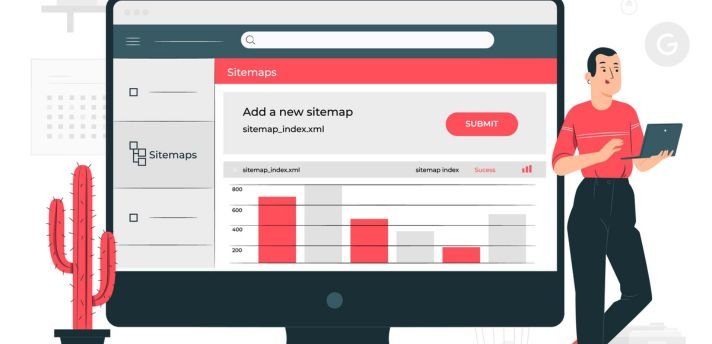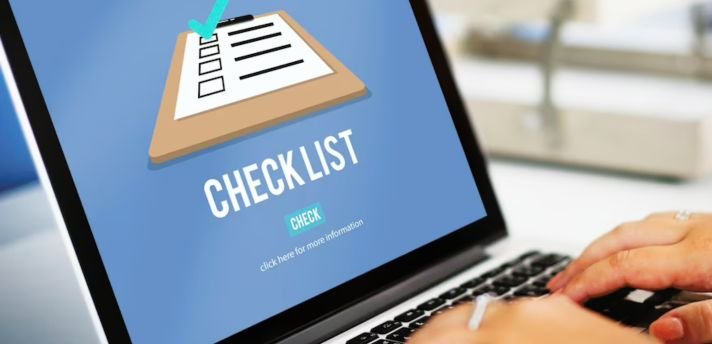


In the digital age, anyone can create a website and publish whatever content they want. Unfortunately, this means there are a lot of fake, fraudulent, and spam websites out there.
Before sharing your personal information or making a purchase, it's essential to vet the website and make sure it's legit. Using a website checker tool can help you avoid being scammed.
There are several reasons it's crucial to verify a website before use:
Running a credibility check gives you peace of mind that a website is safe to use and engage with.
Some common red flags that indicate a disreputable or fraudulent website include:
Running your own comprehensive site audit can also help evaluate overall website health and security.

Fortunately, there are many website scanning tools available to analyze pages and help determine if a website is credible and secure. Here are 10 top options:
1. Trend Micro Site Safety Center - Allows you to enter a URL and get a reputation score based on factors like malware, spam links, and phishing. Also provides domain and hosting history.
2. PhishTank - Community-based website checker where users report phishing pages. Also analyzes site code for threats. Browser extensions are available.
3. Unmask Parasites - Focuses on identifying websites spreading malware, viruses, ransomware, and phishing scams using specialized algorithms.
4. Scamalytics - Uses artificial intelligence and machine learning to assess if a site is fraudulent based on the content, images, web elements, etc.
5. FraudGuard - Checks sites globally against databases of known frauds, malware, and suspicious activity patterns detected by AI.
6. Foregenix FG Scanner - Scans for threats like viruses, trojans, suspicious files, and domain anomalies. Integrates with SIEM, analytics, etc.
7. Sucuri SiteCheck - Free instant scan checks malware, blacklisting status, website errors, and other potential threats or issues.
8. Quttera - Detailed website scanner providing malware status, traffic insights, blacklist info, SSL issues, and site quality indicators.
9. Blumar - Checks embedded resources like images, scripts, and frames for malware threats and glitches. Crawls all site pages.
10. URLVoid - Multi-engine analyzer detecting malware, phishing, spam, and scams and provides other site safety information for the entered URL.
Running your website of interest through one or more of these checkers is a smart way to screen for potential threats or credibility issues. They provide an at-a-glance safety assessment.
Beyond specialized website checking tools, there are other methods you can use yourself to evaluate a website:
While comprehensive website checkers are ideal for scanning sites, following the above steps provides additional due diligence. Checking multiple sources helps confirm if a website is truly credible and safe to use.
A) Before providing payment info, ensure the site has HTTPS encryption indicated by a padlock icon. Click the padlock and verify the certificate matches the URL. Also, confirm there are customer service contacts in case of issues.
A) Yes - visiting a website containing malware could infect your phone, especially if your device lacks updated security protections. Stick to reputable sites and be wary of redirects. Avoid entering info on sites a website checker flags as suspicious.
A) Clues like recent domain registration, strange URLs, poor design, grammatical errors, fake customer reviews, no physical address, and oversized claims indicate a website may be fake. Checking with a website scanner tool can help confirm.
A) Copy and paste the URL into a website spam checker like PhishTank or Sucuri SiteCheck which can quickly identify malicious or phishing pages. Browser extensions like Web of Trust also flag suspicious links.
A) Fake websites created by identity thieves aim to get users to enter personal information which is then used to commit fraud. Run websites through a scanner before submitting any data to check for threats, especially on sites requiring sensitive info.
Navigating the internet safely means being able to identify fake and disreputable websites that seek to scam users or distribute malware. Make running a website checker tool part of your online routine before engaging with new sites or providing any personal data.
Watch for red flags and go with your gut - if a site seems questionable, it's best to avoid it. Using website scanners gives you confidence you can browse and shop online while avoiding risks.